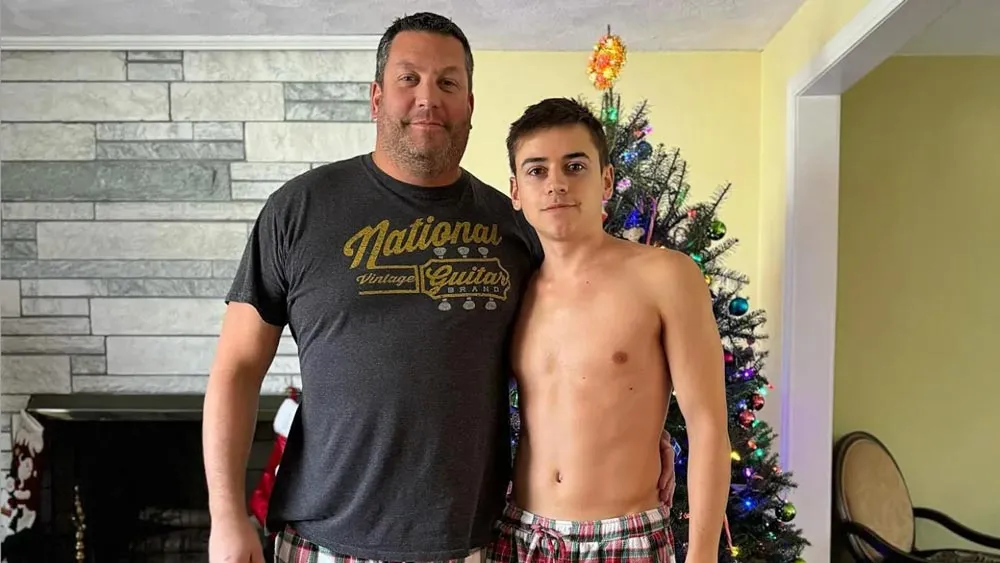June 4, 2021
How Tattoo Culture is Slowly Becoming More LGBTQ-Inclusive
READ TIME: 2 MIN.
Like many industries, tattoo culture is finally moving beyond a stereotypical white cisgender heteronormative perspective. Television studios have been capitalized on ink-obsessed viewers for years with shows like "Ink Master," "Tattoo Rescue," "Just Tattoo of Us," and dozens more. But a new feature in Vogue suggests that a new generation of LGBTQ tattoo artists and customers are shifting the paradigm.
"I feel like a lot of cis men don't want to be told, 'Oh, you need to be gentler; you need to be more thoughtful and caring about how you interact,' especially when it comes to tattooing. It's such a weird masculine thing to associate pain with tattooing right off the bat," says Ink of the Diaspora founder Tann Parker in Vogue's feature.
An international culture has emerged that embraces LGBTQ identities in the tattoo parlors and the type of body art that's being created. Queer-owned Smallshop, located in Brooklyn's Bushwick neighborhood, opened in September 2019, and has managed to survive the pandemic, and is even hiring new artists to join its team. Smallshop only scratches the surface of a small but mighty number of LGBTQ-welcoming tattoo shops around the world, including Rick Schenk in Texas, RAT666 TAT in Toronto, Sara Rosa Corazon in Barcelona, and others.
But the impact of an LGBTQ-friendly space can be just as powerful for the artist as it is for the client.
"When I was getting started, the first person who ever showed me how to set up a tattoo machine was, their name is Sasha, and their Instagram is @bigolebrat. The people walking in my door were queer, trans, nonbinary; when I started tattooing, I didn't really know that I was queer, and when I did get to that, it changed the whole world for me," tattoo artist Ella Sklaw tells Vogue. "Having young queer people who were living these queer lives in their queer bodies, walking through my door and asking me to give them more tattoos–that was what showed me my own queerness."
If you're not willing to commit to life-long body art, a new Brooklyn tattoo shop, Ephemeral, recently started offering temporary tattoos that last nine to fifteen months and feature a specially formulated ink that took seven years to develop.
Or consider living vicariously through some of our favorite celebrities' tattoos, such as Sam Smith, Justin Bieber, and Luke Evans.





